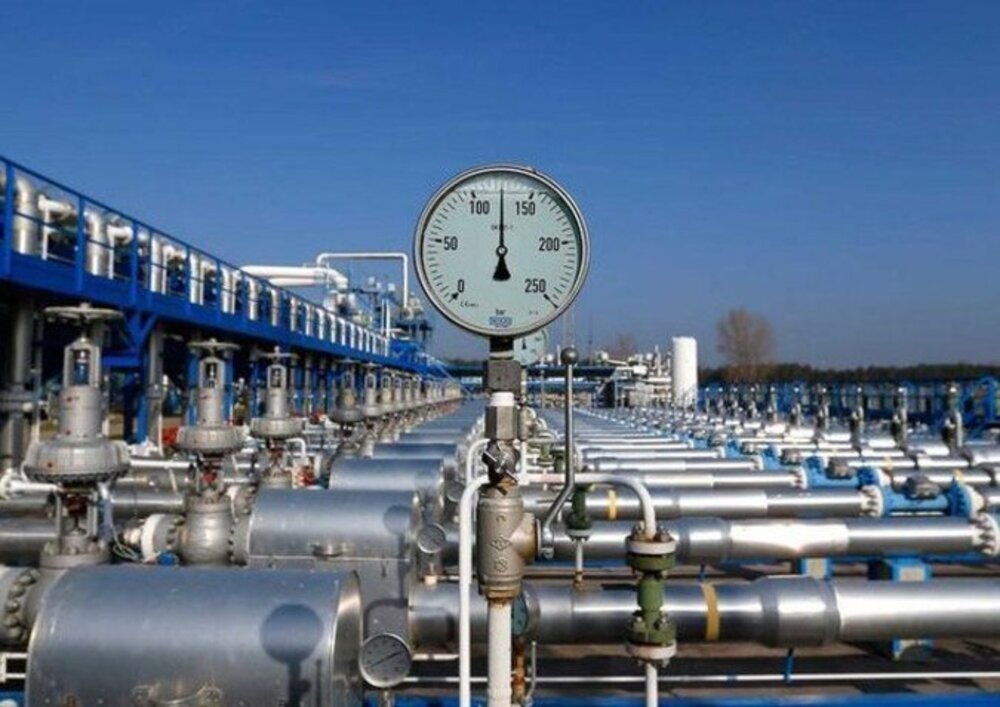HIGHLIGHT
- US President Joe Biden has banned Russian oil and gas imports as the US increases economic sanctions against Moscow. The UK has also officially banned Russian oil and gas imports along with the US.
- The European Union (EU) did not follow the lead of the US and UK. Instead, they announced a plan to cut Russian gas imports by two-thirds within a year.
FULL ARTICLE
US and UK jointly deal sanctions on Russia’s oil and gas industry
US President Joe Biden has banned Russian oil and gas imports as the US increases economic sanctions against Moscow, which is expected to deprive Russia of revenue.
The US decision opens a new front in efforts to isolate Russia from the global economy. Previously, the West had imposed sanctions on key Russian banks and targeted oligarchs with close ties to the Russian government.

The UK has also officially banned Russian oil and gas imports along with the US. The UK government has said it will phase out Russian oil imports by the end of the year. “The government will have an orderly transition away from imported Russian oil,” said Kwasi Kwarteng, UK economic minister.
Finance Minister Rishi Sunak said that consumers would pay the price for this ban, especially lower-income households will be hit harder.
However, the US and UK embargo will have less impact on the global market. In fact, Russian shipments to these two markets are very small.
The ban comes after days of debate within the Biden administration and between the US and its Western allies over the merits of banning Russian energy imports. The United States wants to inflict heavy damage on the Russian economy but is afraid to cause a new shock to the global energy market, which has increased rapidly because of tensions with Ukraine.
Meanwhile, the British government said it would phase out Russian oil imports by the end of the year. “The government will have an orderly transition away from imported Russian oil,” said Kwasi Kwarteng, UK economic minister.
EU is concerned if it does not import oil from Russia
The European Union (EU) did not follow the lead of the US and UK. Instead, they announced a plan to cut Russian gas imports by two-thirds within a year.

Meanwhile, until now, Germany has resisted any EU ban on Russian crude oil. German Chancellor Olaf Scholz said he wanted “sustainable” pressure on Moscow to not cause a huge cost increase for German consumers. He also asserted that replacing Russian energy “cannot be done overnight”.
Russia is the world’s largest exporter of crude oil and petroleum products. Last year, it shipped 8 million barrels of oil per day to the global market. Roughly 60% of Russia’s oil exports go to Europe, while only 2% go to the UK and 8% to the US. About 20% of Russia’s oil exports go to China.
Manh Nguyen
Energy battlefield: Europe’s increasing reliance on Russia imported gas sources













